1. The Breakfast Club (1985)
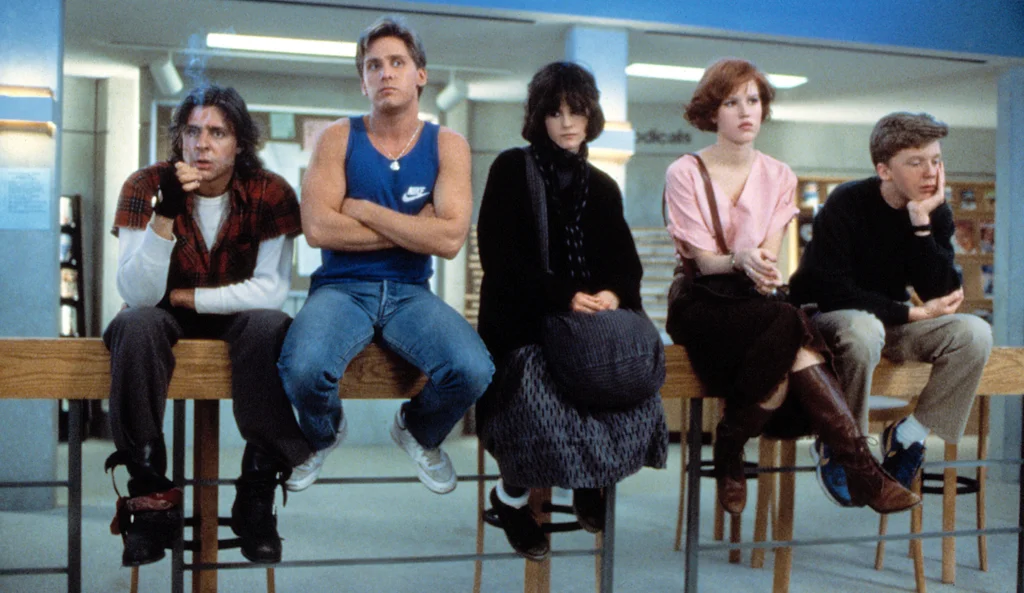
At first glance, The Breakfast Club appears to be just a high school detention movie with a quirky ensemble cast, but as time has passed, its deeper themes of identity, self-acceptance, and societal expectations have resonated with audiences. The characters, representing different high school stereotypes, slowly reveal their vulnerabilities, shedding light on the pressures and challenges they face. What seemed like a simple teen drama becomes an exploration of human complexity, touching on issues of isolation, societal labels, and emotional growth.
The lasting appeal of The Breakfast Club lies in its raw, honest portrayal of adolescence. It’s a film that continues to speak to generations of viewers, encouraging them to look beyond surface appearances and embrace the unique complexities that make each person who they are. As we’ve grown older, we’ve come to realize that the movie’s message about breaking free from stereotypes still holds powerful relevance.
2. Stand by Me (1986)
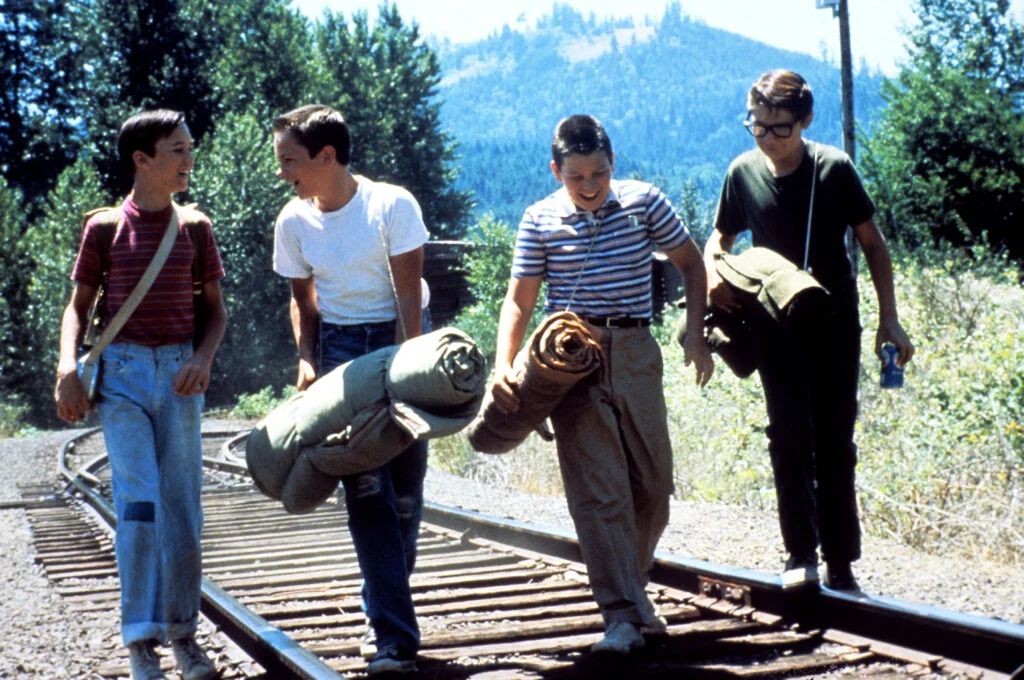
Based on Stephen King’s novella The Body, Stand by Me may initially seem like a simple coming-of-age tale about a group of boys on a journey to find a dead body. However, it subtly dives into the emotional weight of growing up, loss, and friendship. The boys’ adventure serves as a backdrop for deeper reflections on their personal lives, their family struggles, and the fears they face as they leave childhood behind.
The film also explores themes of mortality, the bonds that define us, and the stark realities of life in a way that many coming-of-age films of the time didn’t. As the boys share their personal stories and grapple with their fears, Stand by Me transforms into an exploration of the human condition, and its nostalgic, bittersweet tone lingers far beyond the closing credits.
3. The Empire Strikes Back (1980)
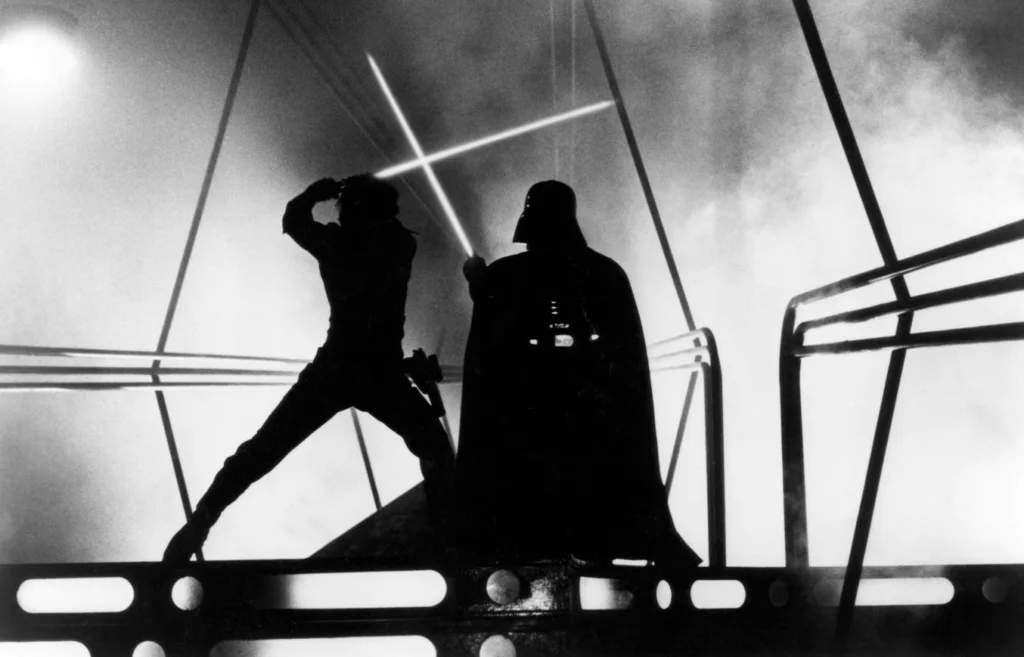
Though The Empire Strikes Back is often lauded as the best installment of the Star Wars franchise, it’s much deeper than just a thrilling space opera. The film deals with themes of fate, self-discovery, and sacrifice. Luke Skywalker’s journey takes on an almost mythological quality as he grapples with the revelation of his parentage and the moral complexities that come with his destiny.
The darker tone of The Empire Strikes Back adds layers of depth that were often overlooked in favor of the action-packed moments. Luke’s internal struggles, the choices he makes, and the betrayal by his closest allies mark the film as one that goes beyond good versus evil and into the realm of personal growth, resilience, and the burden of legacy.
4. The Terminator (1984)

On the surface, The Terminator may seem like a straight-up action thriller about a killer robot from the future. However, underneath its adrenaline-pumping chases and explosive action sequences, the film explores the concepts of fate, free will, and human resilience. Sarah Connor’s transformation from a vulnerable waitress to a fighter for the future is a journey of empowerment, showing how she rises to meet the unthinkable.
The film also raises existential questions about the nature of artificial intelligence and its potential to surpass human control. While The Terminator is remembered for its groundbreaking special effects and suspense, it’s the deeper questions about technology, humanity, and survival that make it so enduring and relevant to modern discussions about our future.
5. E.T. the Extra-Terrestrial (1982)
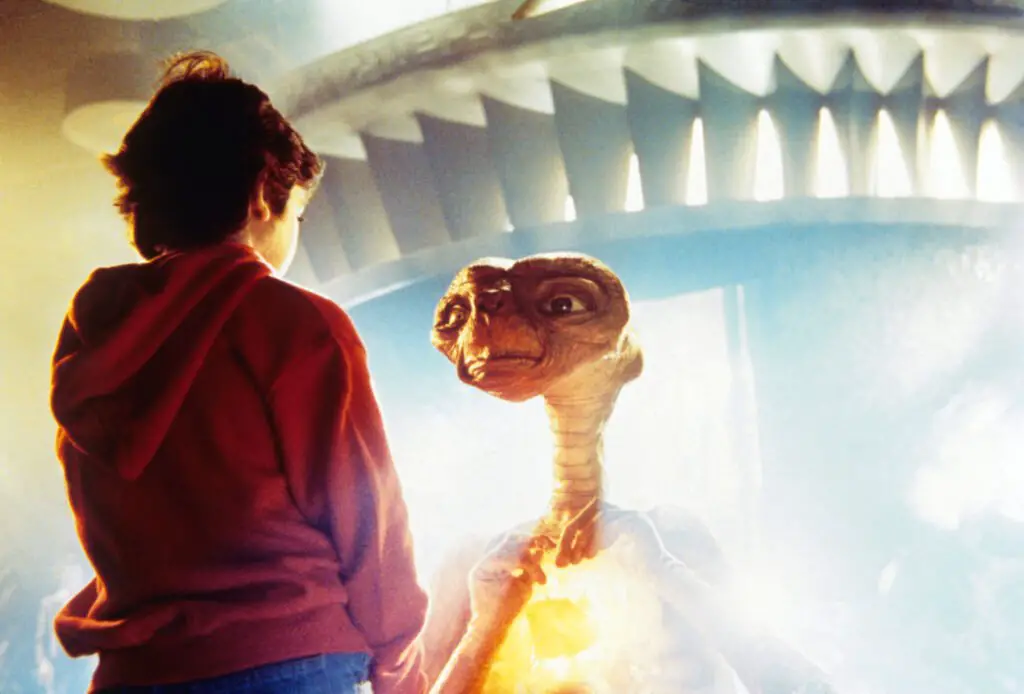
While E.T. the Extra-Terrestrial is often viewed as a beloved family film about a young boy befriending an alien, its deeper messages about loneliness, acceptance, and the importance of compassion resonate on a much broader level. Elliott’s bond with E.T. transcends simple friendship; it’s about finding a connection in a world that feels isolating. The film poignantly touches on the pain of feeling like an outsider and the power of love to bridge divides.
The themes of home and belonging run throughout E.T., with E.T. longing to return to his planet and Elliott finding a sense of purpose through their shared experience. The film’s underlying message about the universal need for companionship and understanding continues to impact viewers, making it a timeless classic.
6. The Last Emperor (1987)
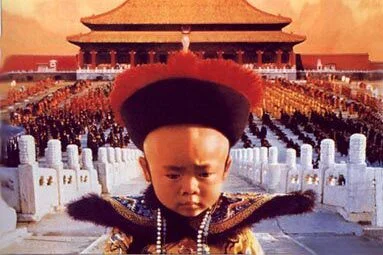
This sweeping historical epic about the life of Pu Yi, the last Emperor of China, might seem like just a grandiose tale of an emperor’s fall from grace. However, The Last Emperor offers a poignant commentary on the intersection of personal fate and political upheaval. Pu Yi’s life, from his enthronement at a young age to his eventual imprisonment, is a powerful allegory for the loss of innocence and the cost of historical change.
The film captures the tension between tradition and modernization, showing how Pu Yi’s personal tragedy parallels the broader social and political shifts in China. As we revisit the film, its themes of power, loss, and the impact of history on individual lives become more apparent, making it a deeply reflective experience.
7. Dead Poets Society (1989)
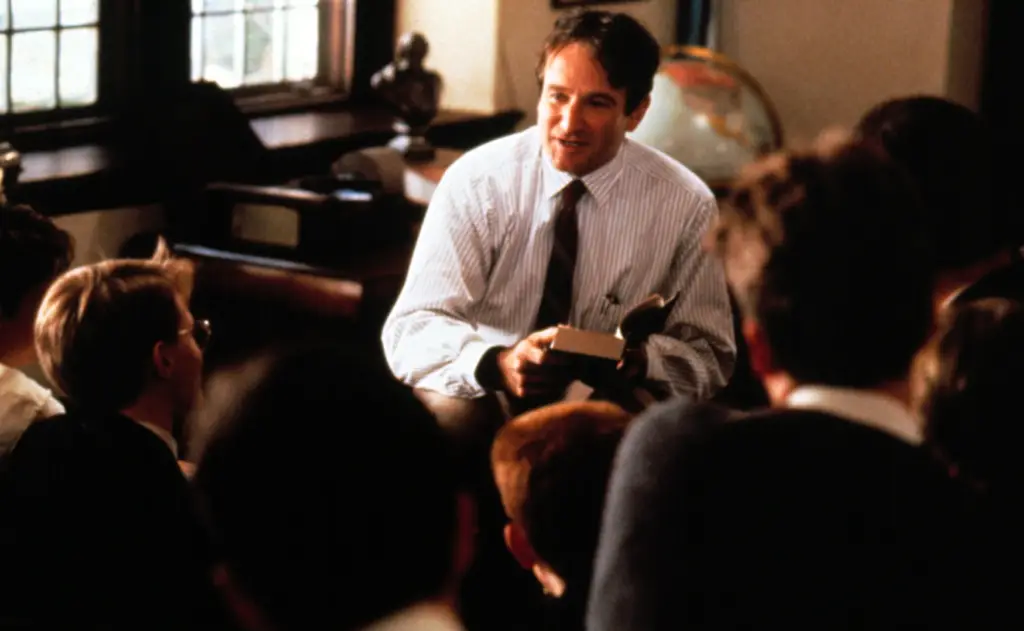
At first glance, Dead Poets Society seems like a film about a charismatic teacher encouraging his students to embrace poetry. But at its core, the film delves into the pressures of conformity and the importance of individuality. Robin Williams’ portrayal of John Keating challenges traditional educational systems, urging his students to “seize the day” and follow their passions, regardless of societal expectations.
The deeper message of Dead Poets Society is about breaking free from restrictive traditions and the often painful consequences of defying authority. As we grow older, the film’s exploration of self-expression, rebellion, and the complexities of pursuing one’s dreams becomes increasingly relatable.
8. Ghostbusters (1984)
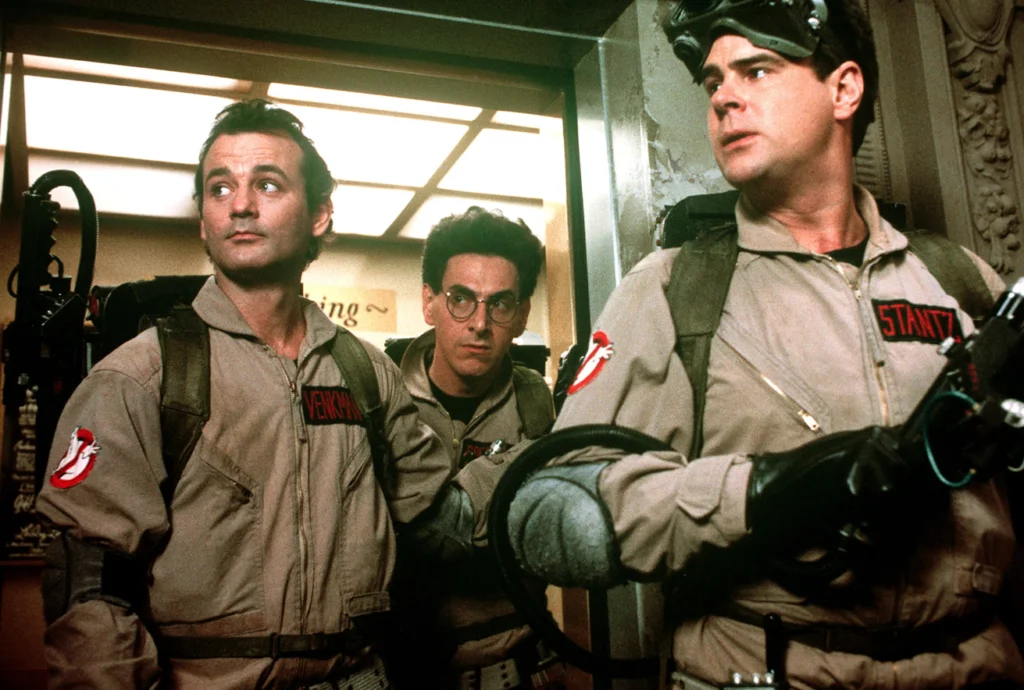
Ghostbusters is remembered as a fun, spooky comedy with a cast of lovable characters. However, beneath the humor and supernatural antics lies a film that addresses issues of responsibility, professional integrity, and the pursuit of science. The team of misfit scientists who tackle the paranormal are portrayed as unconventional heroes who are trying to balance their passion with the need to survive in a world that often dismisses their ideas.
The film also subtly critiques consumerism and corporate greed through the character of Walter Peck, the EPA agent who prioritizes regulation over the real threat of the ghost invasion. As we reflect on Ghostbusters, we see how it subtly challenges societal norms while still being a wildly entertaining film.
9. Ferris Bueller’s Day Off (1986)
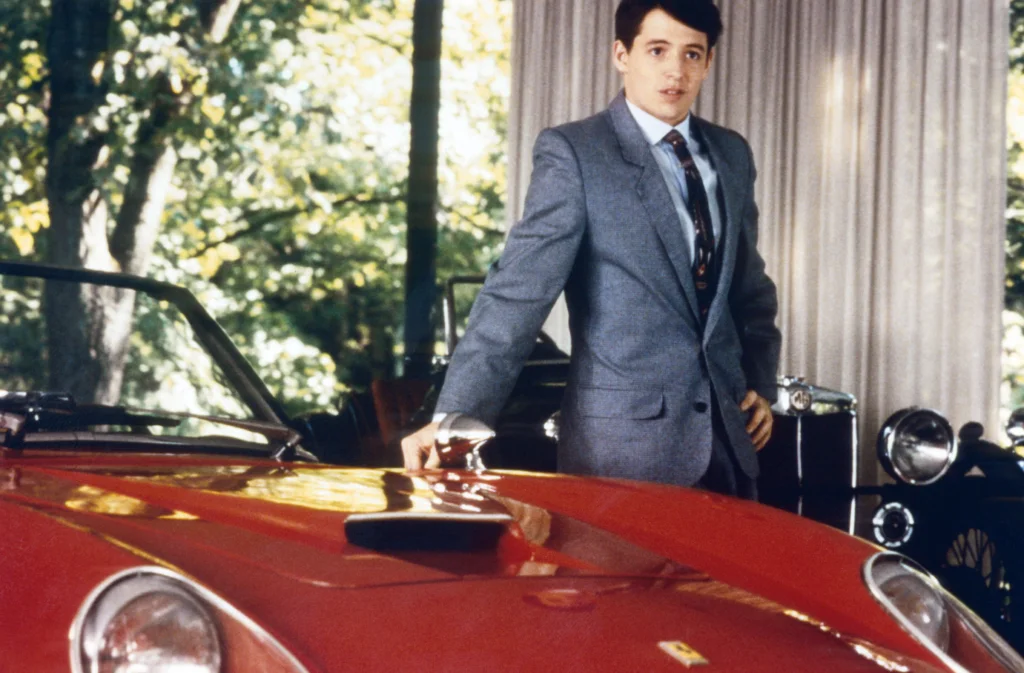
Ferris Bueller’s Day Off is often viewed as a fun, carefree comedy about a high schooler skipping school for a day of adventure. Yet, the film holds a deeper commentary on the pressures placed on teenagers, the desire for freedom, and the importance of enjoying life’s fleeting moments. Ferris’ seemingly effortless ability to dodge responsibility represents a desire to break free from societal constraints and enjoy life on his terms.
The film also explores the theme of individuality, with Ferris embodying a spirit of rebellion against the mundane. Over time, Ferris Bueller’s Day Off has become a reminder that sometimes, breaking away from expectations can be a form of self-care, a lesson that resonates as we become adults with responsibilities of our own.
10. My Sweet Little Village (1985)
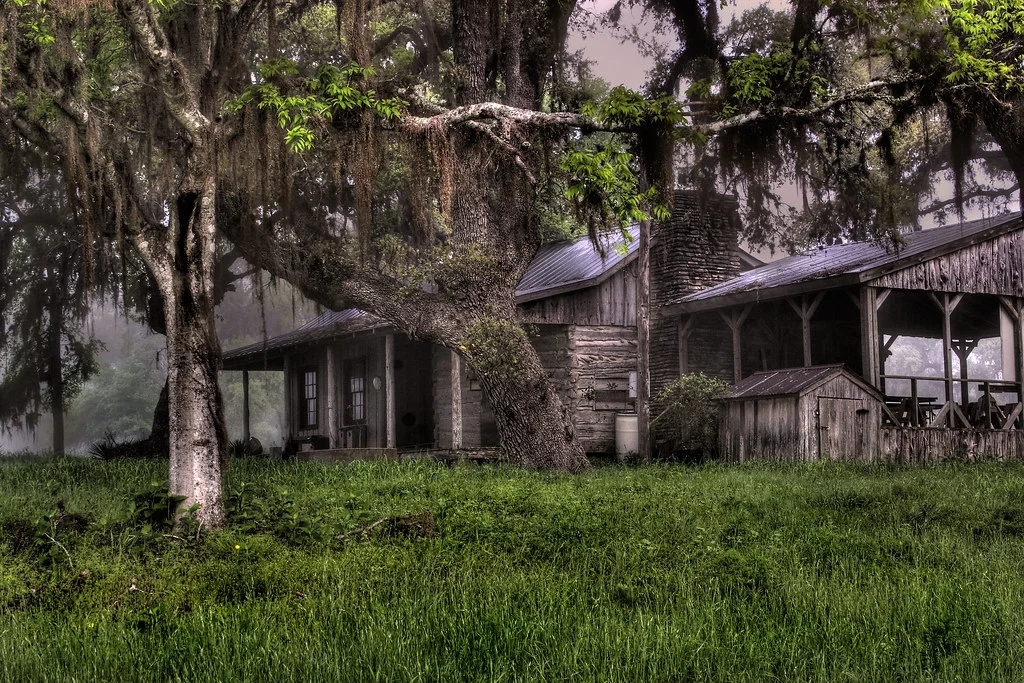
This lesser-known gem from Czechoslovakia tells the story of a small village and its quirky inhabitants, but beneath its humorous surface, it reveals poignant observations about community, identity, and the passage of time. The villagers’ interactions are filled with nostalgia for a simpler time, and the film subtly critiques the way communities adapt—or fail to adapt—during political and cultural upheavals.
Through its understated charm, My Sweet Little Village offers a meditation on the things that bind people together, whether it’s shared history or mutual understanding. Its deep themes about the impact of change on small communities give it a timeless quality that still resonates today.
11. The Killing Fields (1984)
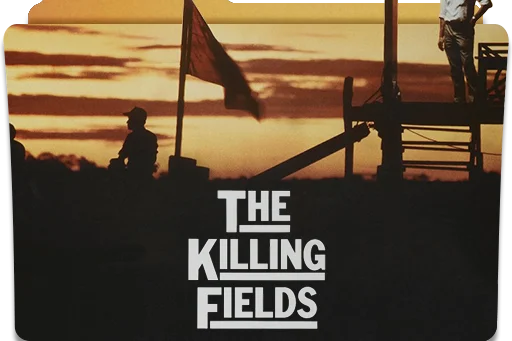
The Killing Fields is a harrowing portrayal of the Cambodian genocide, focusing on the friendship between a journalist and his Cambodian translator. While it’s easy to categorize the film as a war drama, its profound emotional impact comes from its exploration of friendship, survival, and the horrors of war. The bond between the two men stands as a powerful testament to the human spirit amid unimaginable atrocities.
The film also delves into themes of moral responsibility, as the journalists must confront the limits of their power and influence in the face of a brutal regime. The Killing Fields is a sobering reflection on the cost of indifference and the importance of bearing witness to history, making it a deeply moving film that offers more than just historical drama.
12. Brazil (1985)
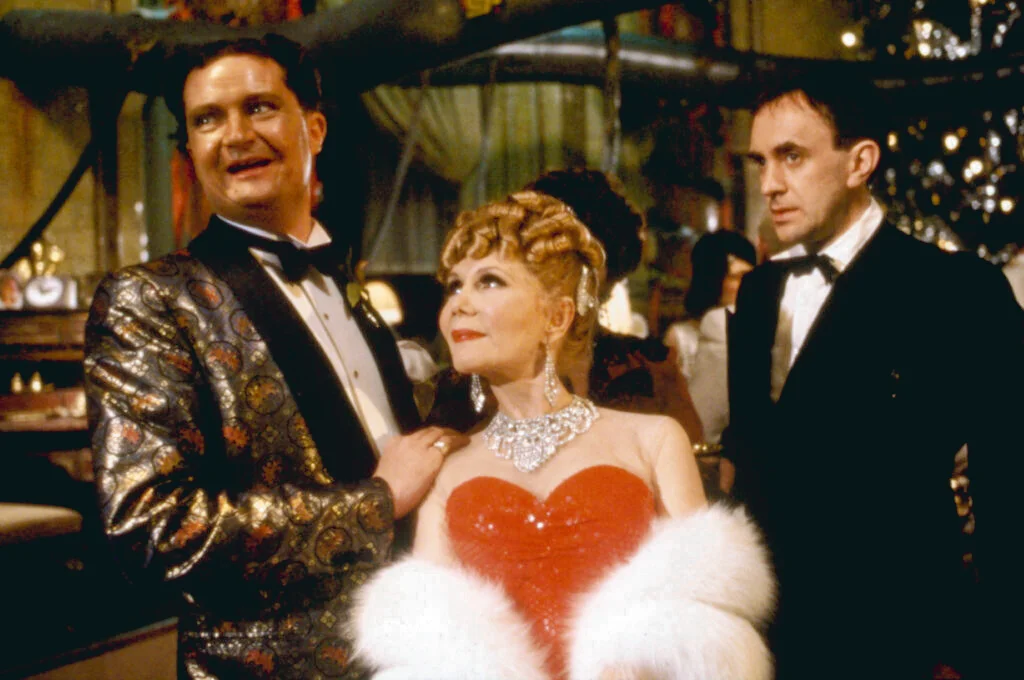
Terry Gilliam’s Brazil is often remembered for its bizarre, dystopian world, but its deeper themes of conformity, bureaucracy, and the loss of individuality give it a relevance that grows with time. Set in a surreal, totalitarian society, the film follows Sam Lowry, a man trapped in a system that values paperwork over people. His fantasies of escape are both a form of resistance and a futile attempt to break free from the overwhelming forces of the world around him.
The film’s critique of bureaucracy and its exploration of the human desire for freedom and identity make it more than just a dark comedy. Brazil is a timeless commentary on the dangers of a world where individuality is stifled, and its vision of the future seems eerily prescient in today’s world of surveillance and government control.
13. Reversal of Fortune (1990)
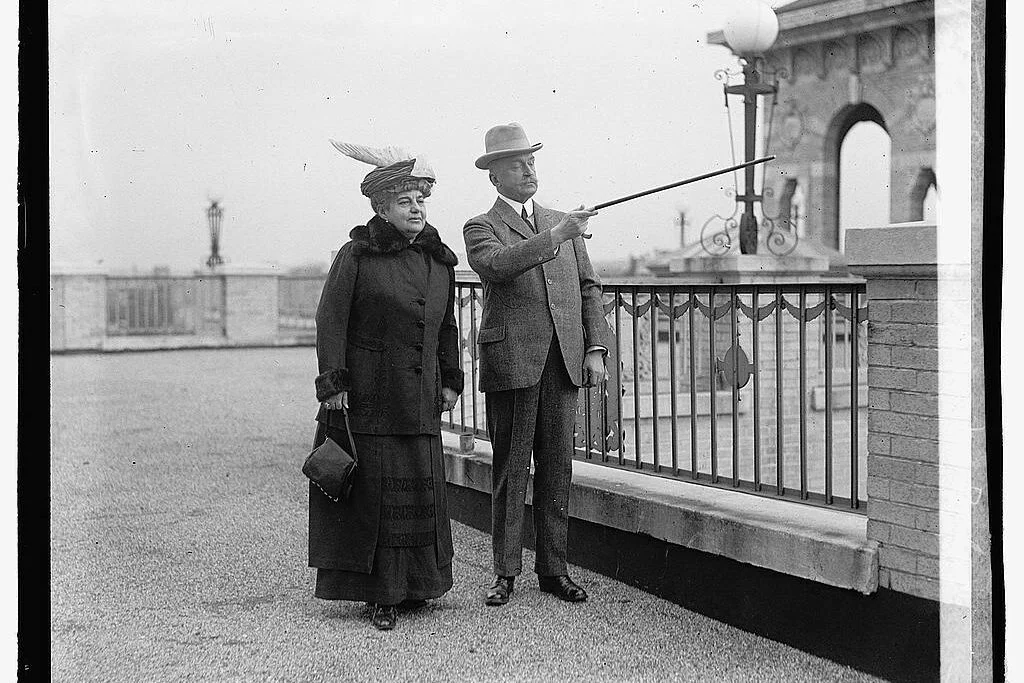
Though Reversal of Fortune is technically a 1990 film, its themes make it relevant to the 1980s era in which it’s set. Based on the true story of Claus von Bülow, who was accused of attempting to murder his wife, the film delves into themes of privilege, guilt, and moral ambiguity. The portrayal of a wealthy man’s life unraveling under the scrutiny of a high-profile trial reveals the complexities of justice and the lengths to which people will go to protect their reputations.
The film is more than just a courtroom drama; it’s a sharp critique of the justice system and the way wealth and power can influence legal outcomes. As we revisit Reversal of Fortune, it becomes clear that its deeper reflections on morality and the pursuit of truth remain just as relevant today.


